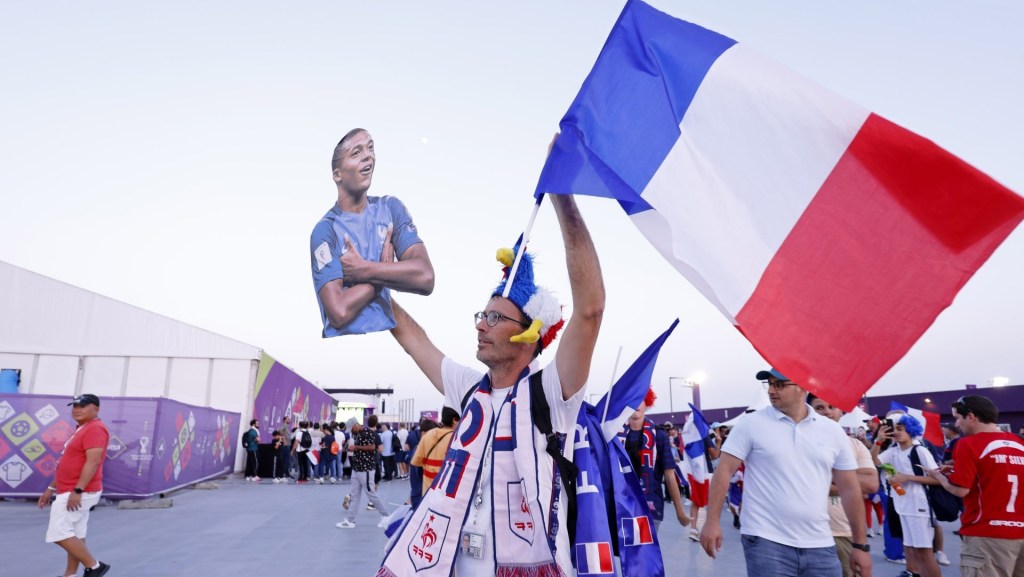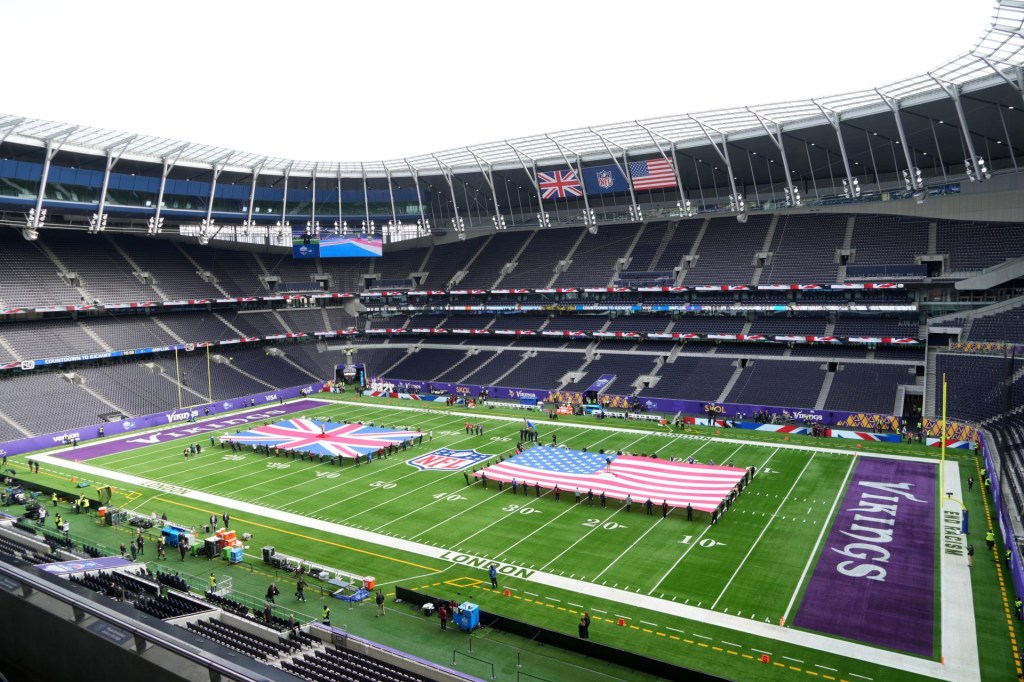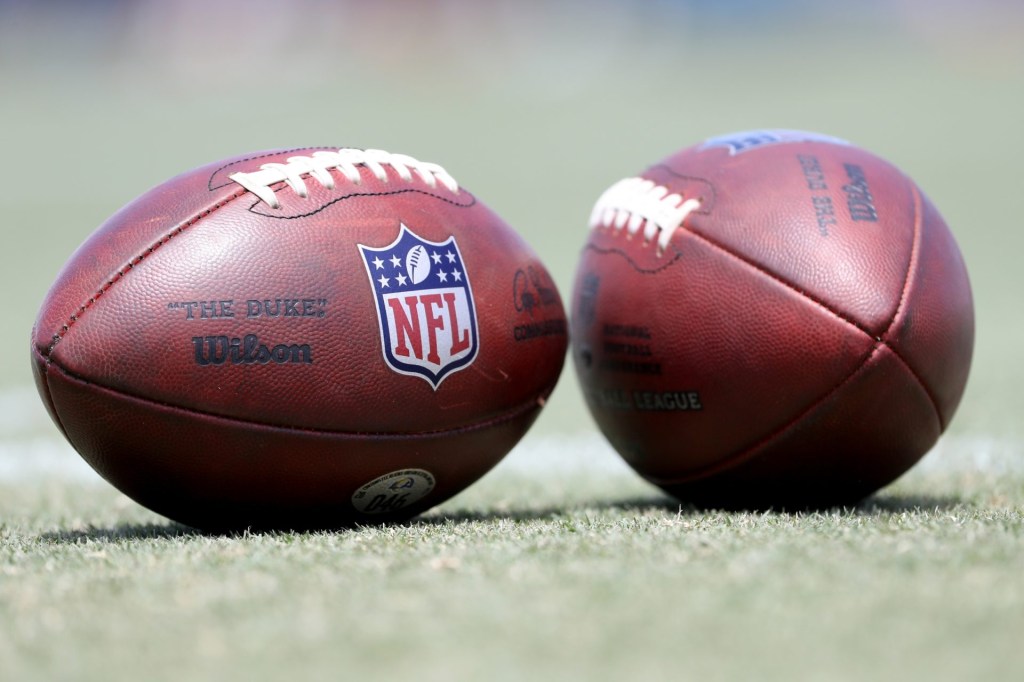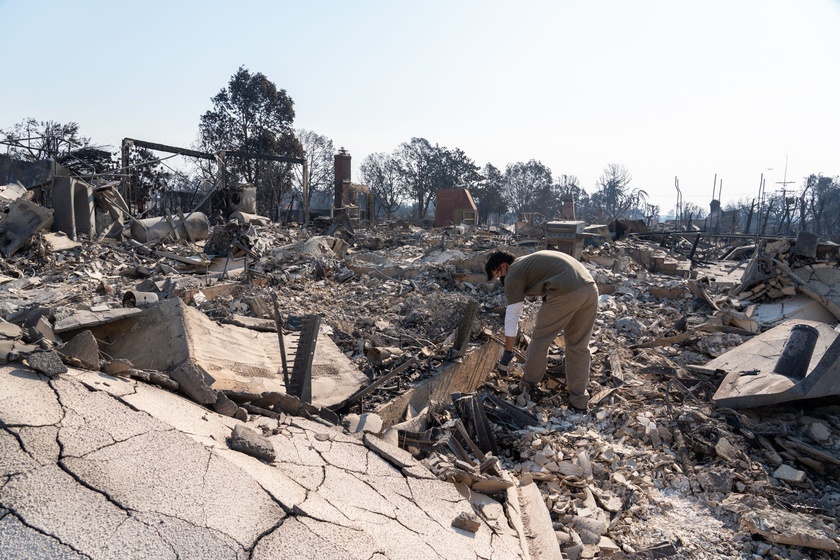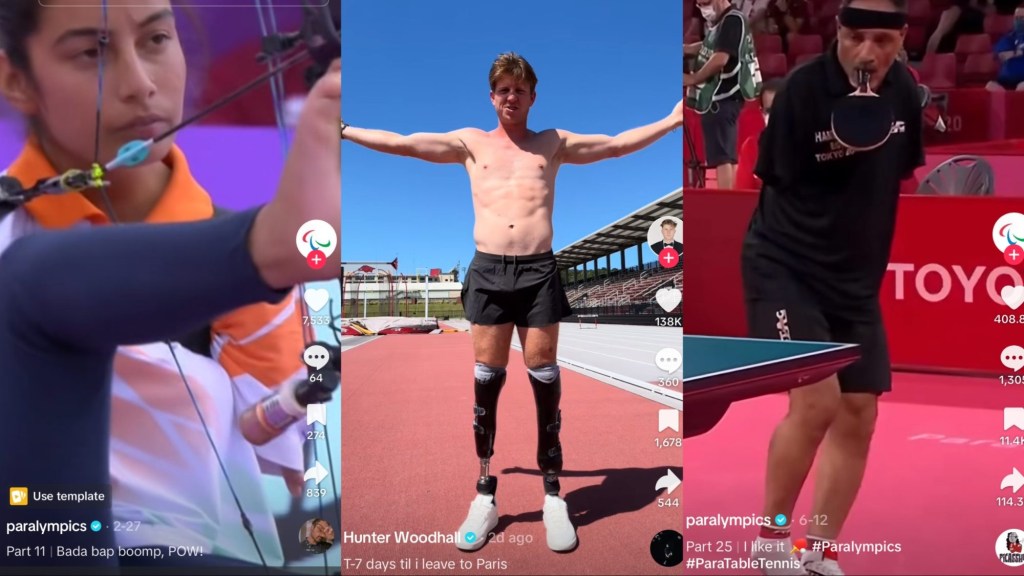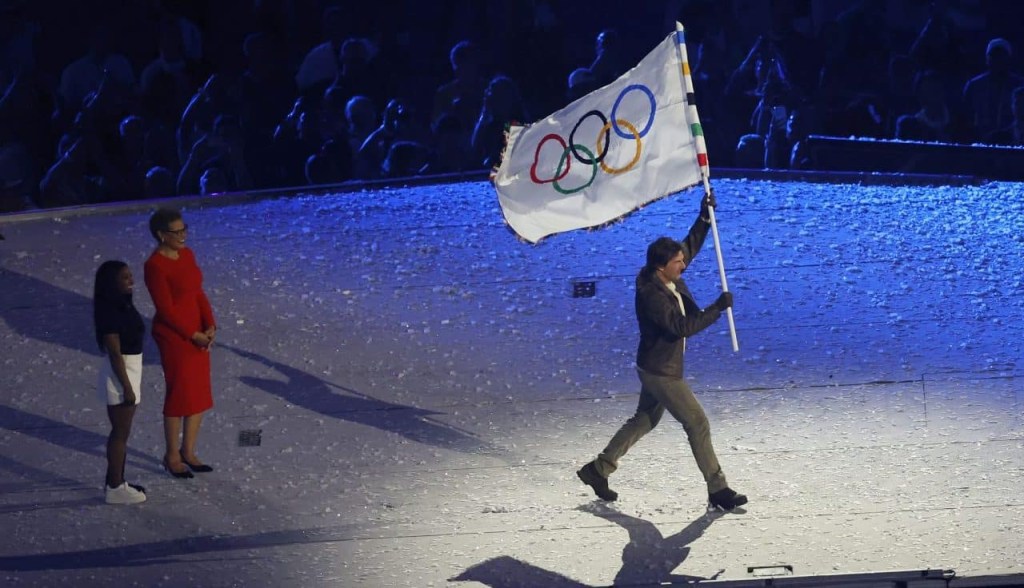Already impacting many parts of sports, climate change is potentially on the cusp of altering the Olympics schedule—at least according to World Athletics president Sebastian Coe.
As the World Athletics Championships concluded last weekend in Tokyo amid humid conditions routinely approaching 90 degrees Fahrenheit, Coe said the global calendar for Olympic sports will soon need radical change.
“Governments haven’t really stepped up to the plate on this,” Coe said to BBC Sport regarding climate change. “I can’t see beyond the inevitability of having collectively, as Olympic sports and probably the Olympic movement, really re-engineering what the international calendar looks like.”
Coe further cited research from his organization showing 70% of athletes already report that climate change is disrupting their training and competition. Particularly at issue are endurance events, where hot and humid conditions can be particularly damaging.
“I’m not sure that we can go on asking some of our endurance-based athletes to be competing at times of the year which are really going to hit their performances and are probably putting them at risk as well,” Coe said. “This has to be addressed.”
The elite marathon calendar is already skewed toward the fall to help address this, but the Summer Olympics, for now, remain tied to traditional windows, particularly for host cities in the Northern Hemisphere. The 2028 Los Angeles Games, for example, are set for July 14–30 that year, meaning that more substantive calendar changes are still years away.
The International Olympic Committee, however, has discussed climate change at length and has agreed to many elements in the Paris Agreement, such as reducing direct and indirect carbon emissions. Upon becoming the new IOC president earlier this year, Kirsty Coventry received an open letter from more than 400 Olympians calling on her to make climate change a top priority, something she has vowed to do.
Not Just the Olympics
The climate change issue also flared up in the U.S. earlier this year when a hot early-summer stretch coincided with the FIFA Club World Cup held here. The often-stifling conditions prompted complaints from many of the participating clubs that are much more accustomed to playing in Europe in a fall-to-spring schedule. Daytime games in the U.S. to accommodate evening broadcast slots in Europe only exacerbated that issue.
“The time slot is great for European audiences, but the teams are suffering,” said Paris Saint-Germain manager Luis Enrique.
Climate change is also a notable factor in Major League Soccer’s highly complex consideration of shifting to a fall-to-spring schedule to meet that international standard in the sport.
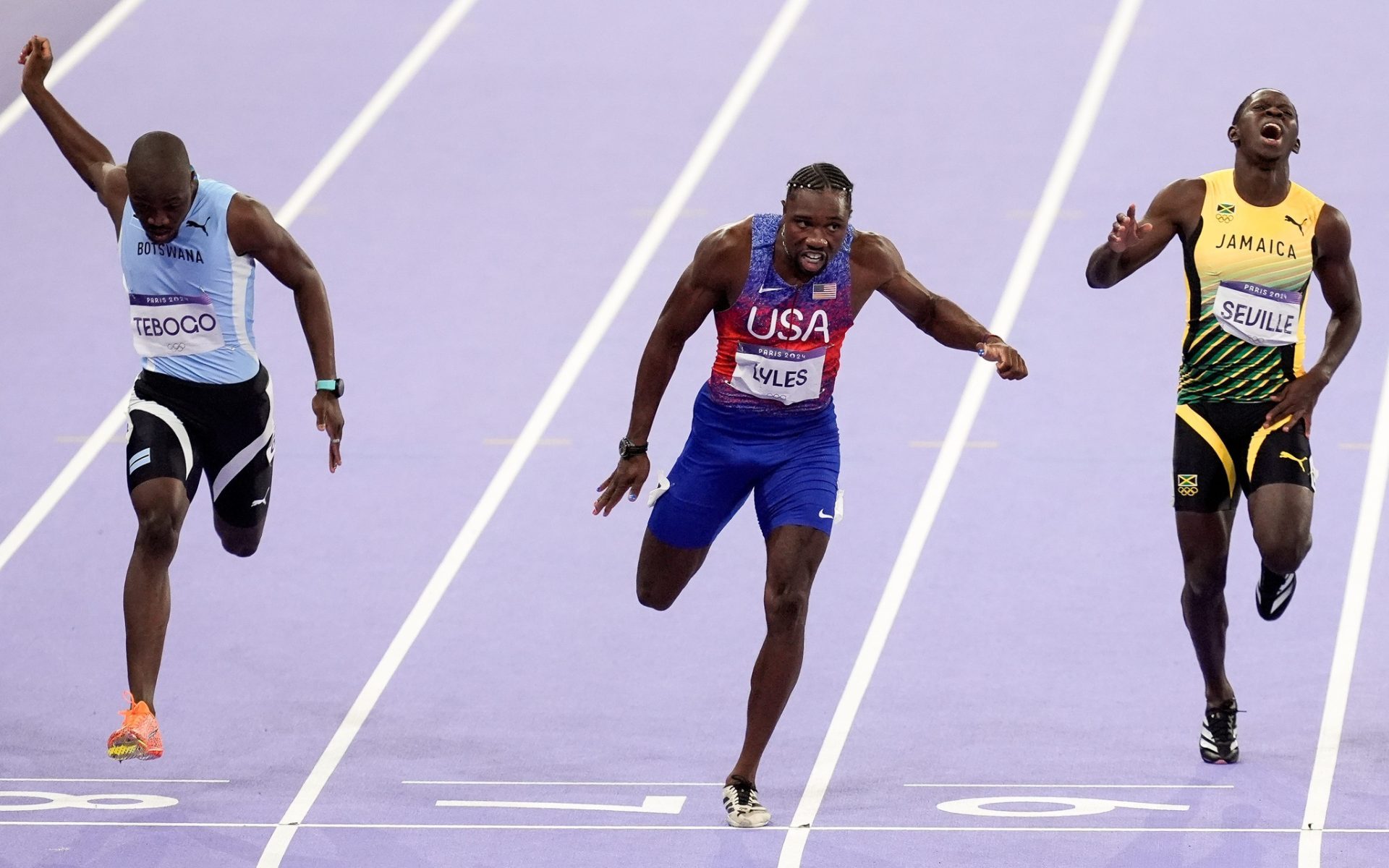
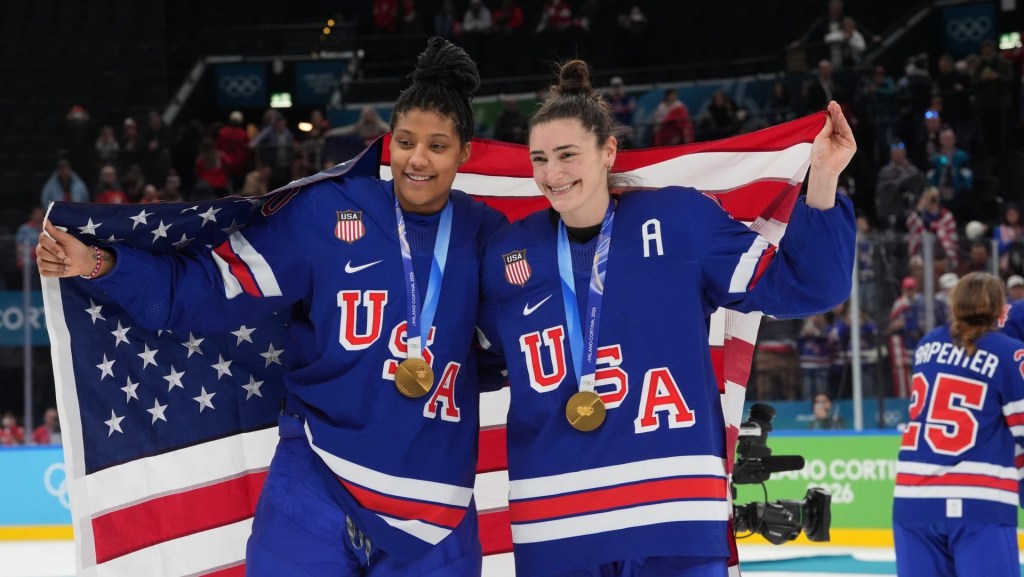
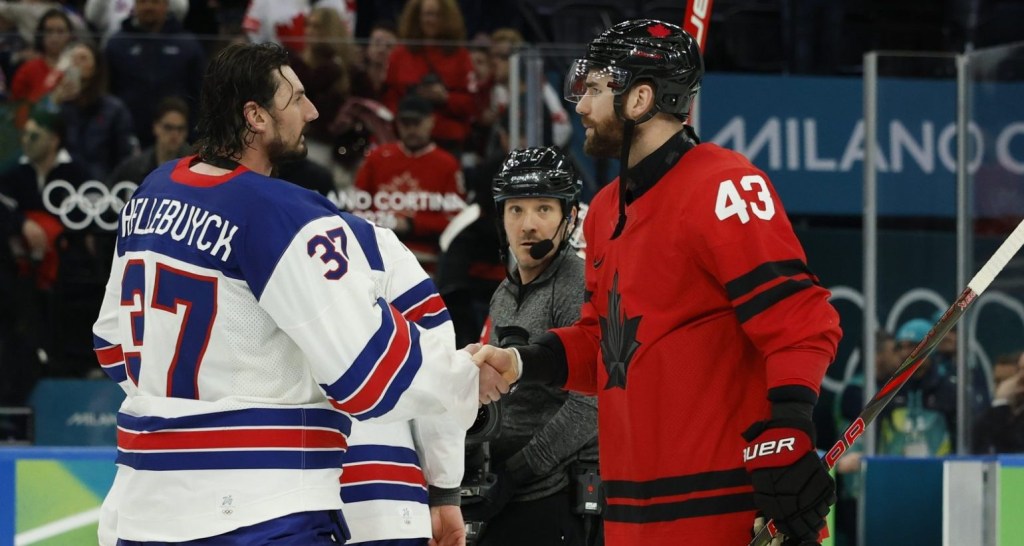
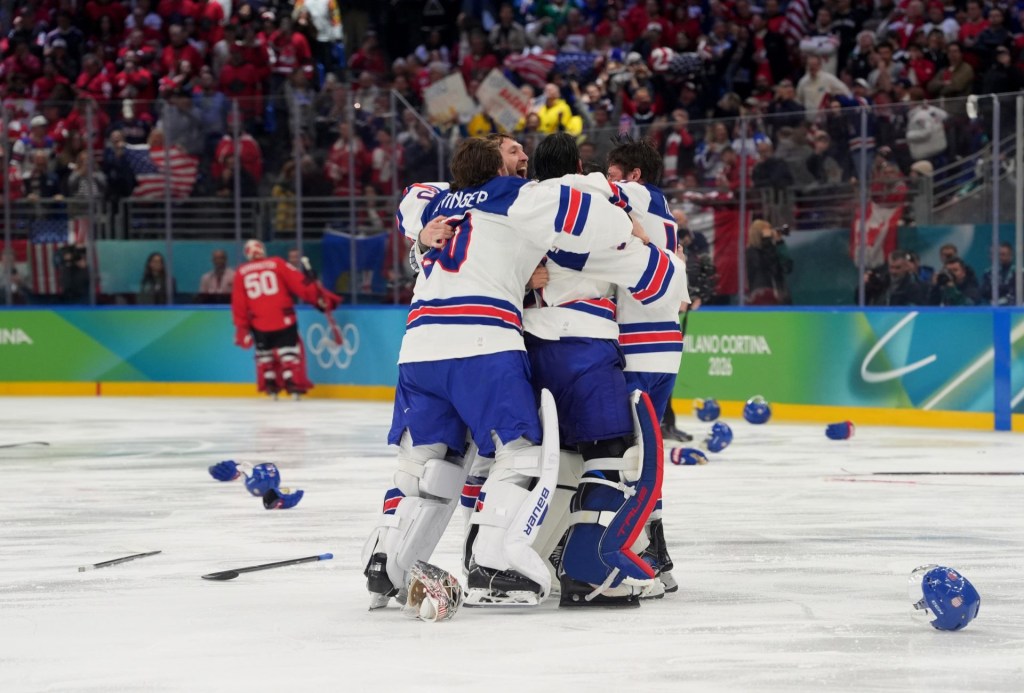
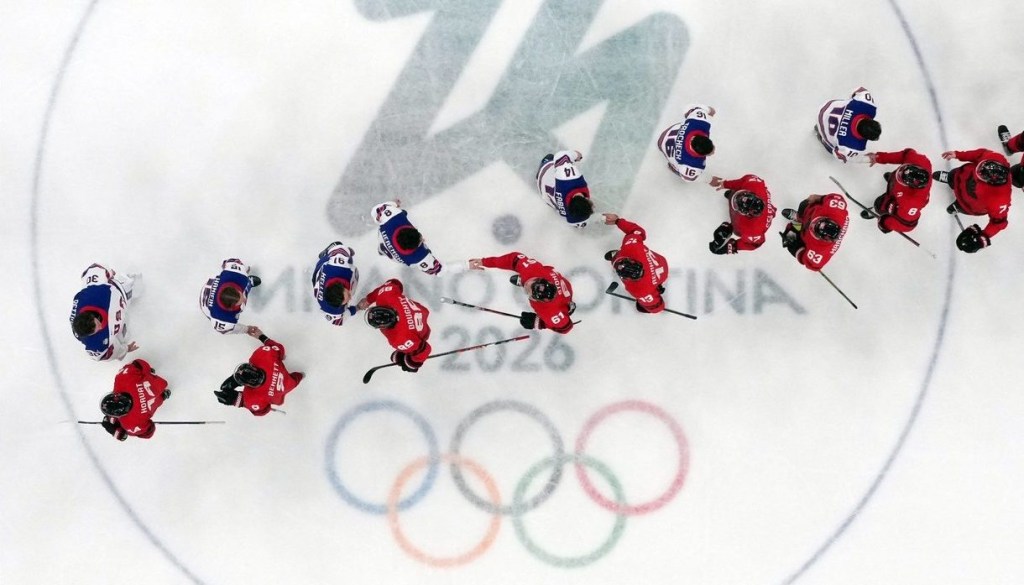
![[Subscription Customers Only] Jul 13, 2025; East Rutherford, New Jersey, USA; Chelsea FC midfielder Cole Palmer (10) celebrates winning the final of the 2025 FIFA Club World Cup at MetLife Stadium](https://frontofficesports.com/wp-content/uploads/2026/02/USATSI_26636703-scaled-e1770932227605.jpg?quality=100&w=1024)



